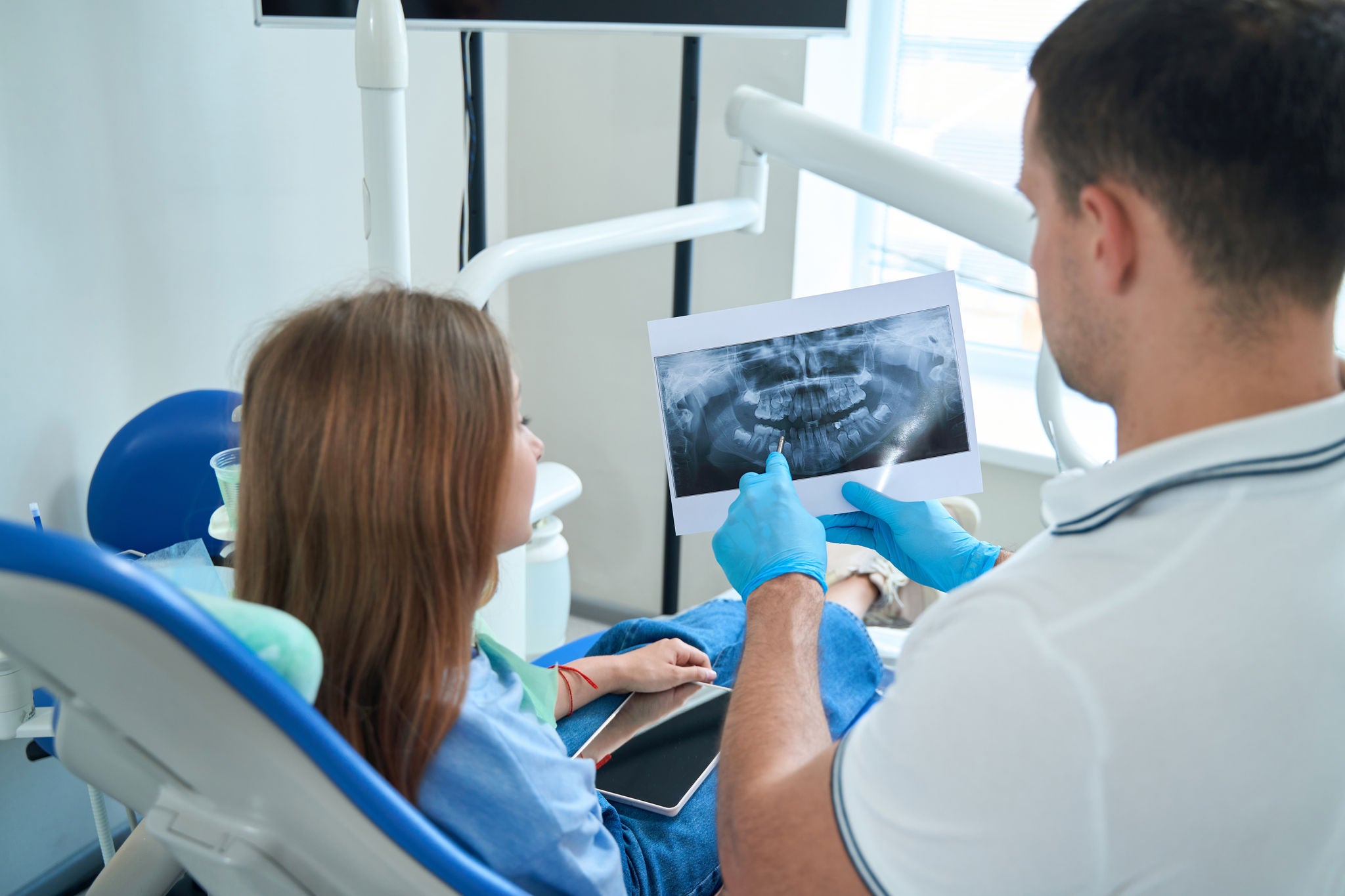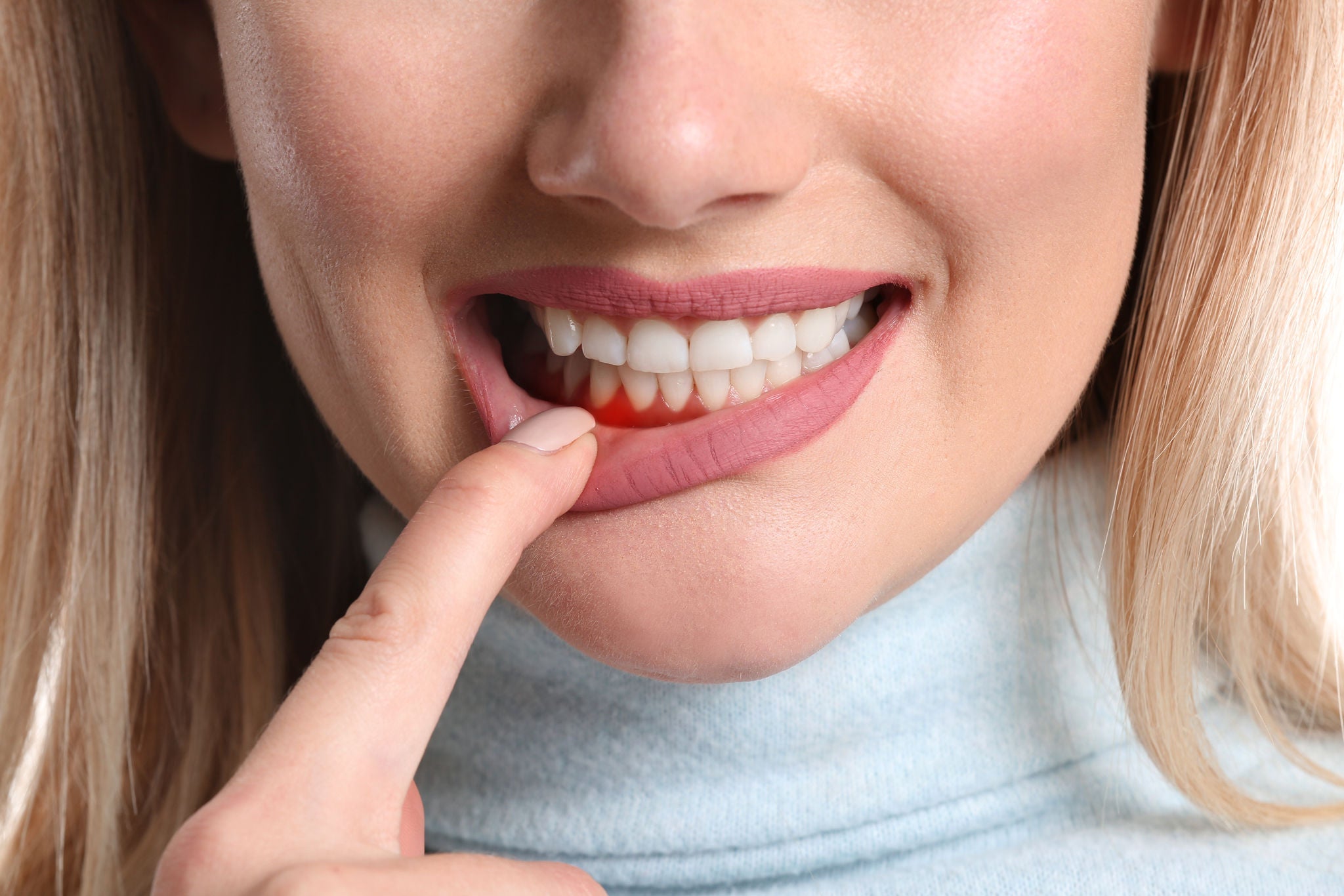
Understanding Dental Caries: Answers to 7 Common Questions About Tooth Decay
Dental caries is the medical term for what is more commonly known as tooth decay or dental cavities.
Anyone who has been to see an oral care professional knows that wave of relief upon hearing the declaration of “no cavities!”

But, what do you really know about the disease of dental caries?
We pulled together some of the most frequently asked questions about dental caries to help you gain a better understanding of this very common – and very preventable – oral disease.
7 common questions about dental caries
If you have teeth, you’re at risk of developing dental caries.
According to the World Health Organization’s (WHO) 2022 Global Burden of Disease report, untreated dental caries is the most common health condition in the world.
Certain factors contribute to increased risk:
- Poor oral hygiene
- Frequent consumption of acidic or sugary foods and drinks
- Physical damage to teeth
- Underlying health conditions
- Side effects of certain prescription drugs
- Drug and alcohol use
- Non-causal hereditary factors
This is by no means an exhaustive list of risk factors. An oral care professional will be able to help you identify any risk factors specific to you and your lifestyle.
Dental caries are caused by a combination of risk factors, including those named above, that cause imbalance within the oral microbiome.
Both beneficial and harmful bacteria live in your mouth.
When harmful bacteria are allowed to flourish (through a combination of excess sugar consumption and relaxed oral hygiene), they create plaque, which eventually leads to decay.
Learn more about the oral microbiome by clicking on our blog below:
Three areas are particularly susceptible to damage from dental caries.
- Interdental caries. These form between teeth, where brushing may not be complete. Cleaning between teeth can reduce your risk of developing interdental caries.
- Pit and fissure caries. These are more common in children and teenagers but can affect adults as well. These attack the deep crevices of the chewing surfaces of erupting teeth where plaque and bacteria can easily hide and fester. Following a regular oral hygiene routine will help prevent caries. Milk teeth and permanent teeth can be affected by interdental and pit/fissure caries.
- Root caries. These typically affect older adults whose gums have started to recede. In this case, the best prevention is attention to gum health.
With regular visits to your oral care professional, it is possible to detect early warning signs of decay and change your outcomes. It is vital to catch dental caries in the very earliest stages of damage to tooth enamel before it penetrates beyond the enamel and into the tooth.
A complete oral hygiene ritual, eliminating other risk factors, and regular visits to your dentist will increase your chances of reversing damage.
It is unlikely that one or multiple genes play a direct, causal role in the development of caries. However, the interaction between genes and your environment may make your teeth more susceptible to decay.
Nevertheless, there are genes that may be involved in things like the mineralization of your teeth and enamel formation, or the composition of your saliva, which are all contributing factors to an increased risk of developing dental caries. The impact and the exact role of genetics is still unclear, however.
Untreated dental caries can impact both quality of life and overall body health, as it can lead to cascading issues such as tooth extraction, tooth loss, difficulty chewing due to missing teeth, prosthetic complications, and more.
If decay is allowed to penetrate beyond the enamel, it can expose nerve endings within the tooth, which can be an excruciating experience. Tooth pain can cause people to alter their diet and activity levels to avoid causing further irritation.
The most significant risk, however, is from infection. Bacteria enter through the opening in the tooth and can cause inflammation in the tooth and beyond the root, eventually forming an abscess. Infection from an abscessed tooth can also transfer to the jaw, the face and into the bloodstream.
If you suspect you have a tooth infection, you should immediately contact your oral care provider for care.
How to prevent dental caries
Reducing risk factors and committing to a complete oral hygiene ritual are the best ways to prevent dental caries.
Brush twice daily
Brushing twice daily for two minutes will help eliminate plaque. Using a proper brushing technique and the right toothbrush is essential for effective plaque control.
A fluoride toothpaste will help promote the remineralization of enamel that is suffering from the early stages of dental caries.
Check here to become an excellent brusher!
Clean interdentally
Using floss or other interdental tools to clean between teeth will reduce your risk of developing decay between teeth.
Watch our video to discover some tips to clean between your teeth!
Re-examine your habits
Eliminating risk factors within your control will make your oral care even more effective.
Smoking cessation and a reduction in the number of sugary foods and beverages you consume will improve your oral health and your whole body health
Regularly visit your dentist
See your dentist at least once a year, to intercept any incipient caries and stop or reverse the decay process with specific treatments done by your dentist.
Learn more about the causes, treatments, and prevention of tooth decay.



